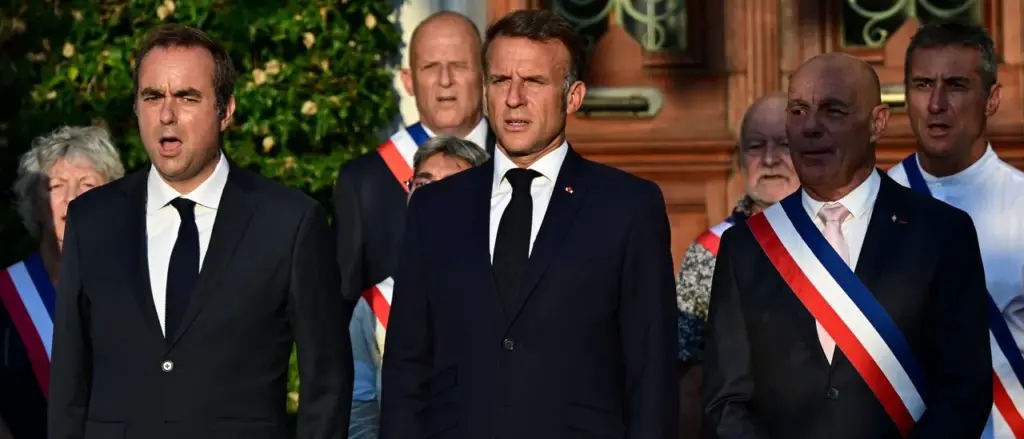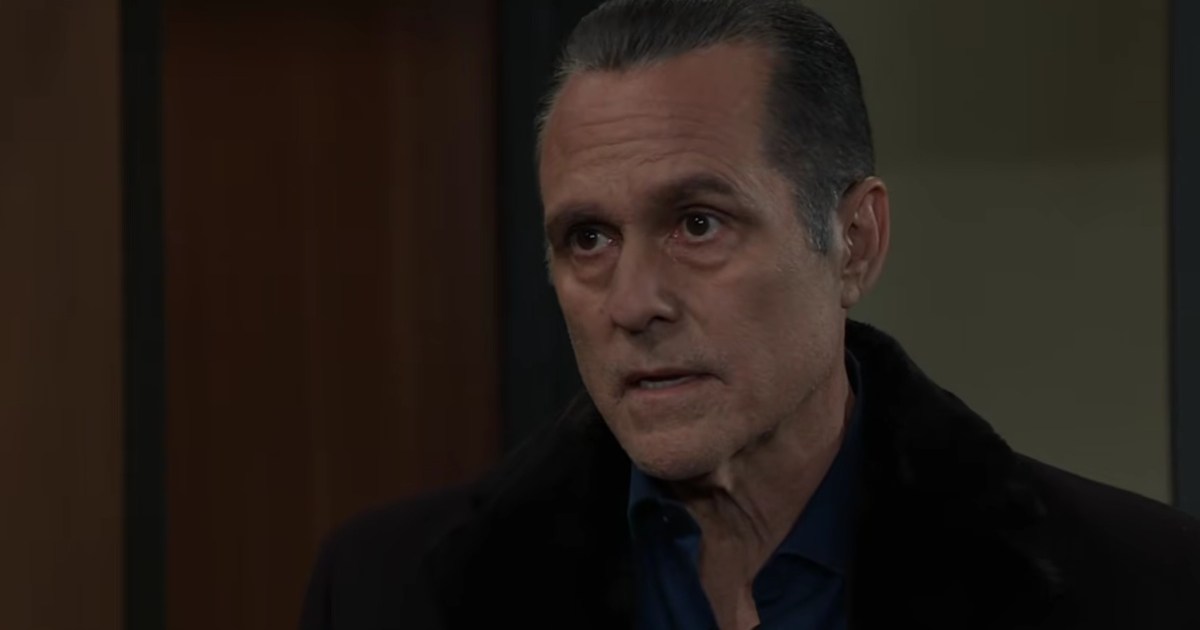
Sébastien Lecornu resigned as Prime Minister of France on September 10, 2025, just 27 days after taking office. His resignation marks the shortest term in the history of the French government since the establishment of the Fifth Republic in 1958. The announcement followed intense pressure from conservative factions within the Parliament, occurring a mere 14 hours after Lecornu appointed key cabinet members, as reported by Politico.
Lecornu, a prominent figure in President Emmanuel Macron‘s centrist Renaissance party, was chosen to replace François Bayrou, who had served as Prime Minister prior to him. Lecornu previously held the position of Minister of the Armed Forces, and his short-lived government will remain in place until Macron selects a new Prime Minister, according to The Associated Press.
Political Turmoil and Calls for Elections
Following Lecornu’s resignation, Macron faces a critical decision. He can either appoint a sixth Prime Minister since his reelection in 2022 or dissolve the lower house of Parliament, prompting early legislative elections. Marine Le Pen, leader of the far-right movement, has urged the President to call for parliamentary elections. “There is no solution, there won’t be one tomorrow: I call on the President of the Republic to dissolve the National Assembly,” Le Pen stated on X.
Lecornu’s resignation speech highlighted the political fragmentation in the National Assembly, where over 320 of the 530 members align with either far-left or far-right ideologies. He expressed frustration over the lack of bipartisan cooperation, stating, “I found myself in a situation where I was ready to compromise, but each political party wants the other political party to adopt its entire program.” The Office of President Macron did not respond to requests for comment from the Daily Caller News Foundation.
Opposition to Cabinet Appointments
The political crisis stems from a bloc of 50 conservative lawmakers who opposed Lecornu’s choice for defense minister, Bruno Le Maire. Le Maire, who previously served as Minister of Economy and Finance from 2017 to 2024, faced criticism from Macron’s opponents, particularly concerning the country’s rising deficit.
Despite his attempts to build a collaborative government, Lecornu encountered resistance from various political factions. The newly announced cabinet included several members from Macron’s previous administration, which had recently lost a vote of no confidence due to similar challenges. Bruno Retailleau, leader of the center-right Les Républicains, remarked on X, “The composition of the Government does not reflect the promised break.” He indicated plans to convene the party’s strategic committee in response to the current political landscape.
In an effort to stabilize the situation, Lecornu has been given 48 hours to negotiate with political forces to create a functional government. “I have accepted, at the request of the President of the Republic, to hold final discussions with the political forces for the stability of the country,” he stated. He is expected to update Macron on the viability of forming a government by the evening of September 13, 2025.
The rapid developments reflect the ongoing challenges within French politics, where divisions among parties complicate governance and coalition-building. As France navigates this political upheaval, the outcome of Lecornu’s negotiations will determine the immediate future of the government and its ability to address pressing national issues.






